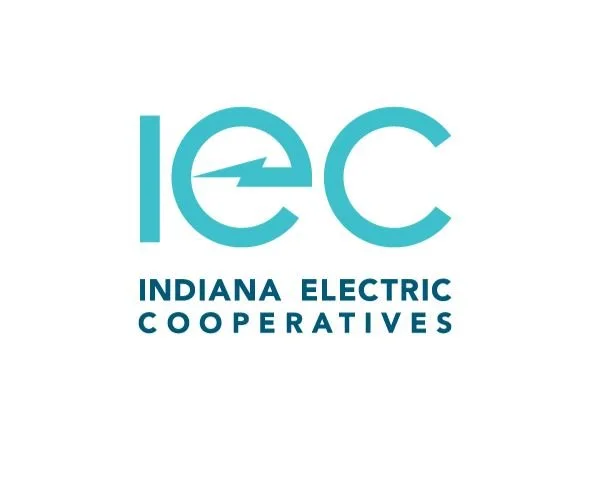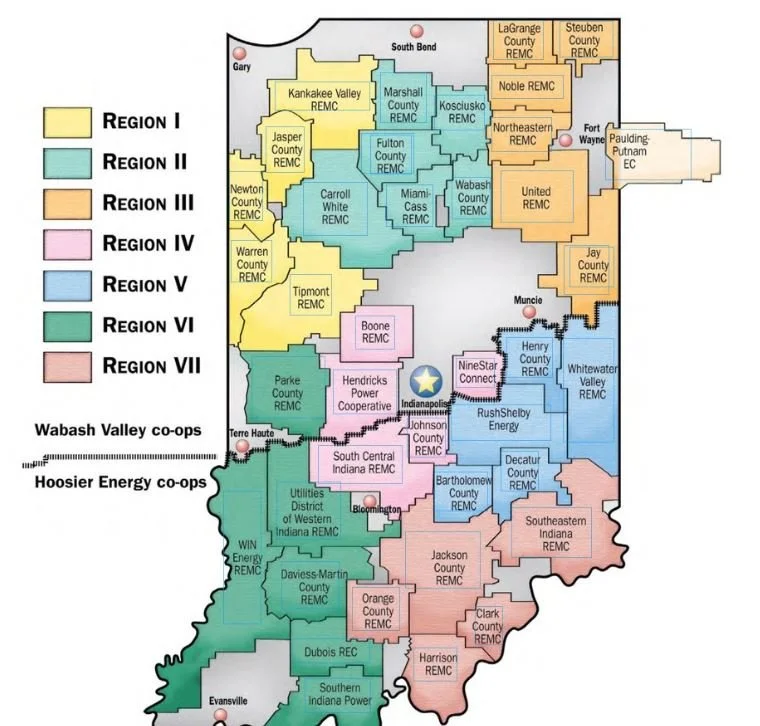A Guide to Going Solar with Your REMC
Indiana REMC’s
Find out how much it costs for Indiana REMC customers to install solar panels
Understanding Your REMC
Your REMC: We are currently updating the details for your specific utility, but please see below for general information regarding Indiana REMC’s. And, contact us if you have questions about your REMC.
Utility Type: Co-op/REMC - a rural electric membership corporation where customers are also member-owners. An REMC does not make their own energy, but purchases it from a power provider.
Power Provider: Wabash Valley Power Alliance or Hoosier Energy
Contact for Solar Related Questions: Contact us here.
Key takeaways for switching to solar with your REMC
Solar Policies: An REMC’s solar policies are governed by a board of directors representing the membership districts that make up the service territory.
Commonly Used Solar Programs:
Individual REMC - Each REMC treats solar differently.
Go-Off Grid - Disconnect from your REMC or Connect or install a system separate from the grid. Click here.
Get a free and unbiased estimate from an Indiana solar designer on how these programs may benefit you.
Go Solar with your REMC >>
Indiana REMC Service Territories
“Each Indiana REMC has it’s own unique ownership, management, and solar standards. Be sure to become familiar with the payback rates, system requirements, insurance requirements, etc. ”
Want more tips ?
Download the Indiana Solar Guide
Top 10 tips on how to shop for solar in Indiana
Solar pitfalls and how to avoid them
Trusted advice from solar industry professionals
<< Download Now
See other other REMC customers that switched to solar.
Are solar panels worth it for REMC customers?
Yes! For REMC customers in Indiana, adding solar panels can be a worthwhile consideration. Many have solar programs that are a good option as they often provide the customer with a credit for excess energy generated.
Additionally, the availability of the federal tax credit can offset the initial installation costs, making solar more accessible. However, individual circumstances, such as roof orientation, local regulations, and financial situation, should be evaluated to determine the overall value of a solar panel installation.








